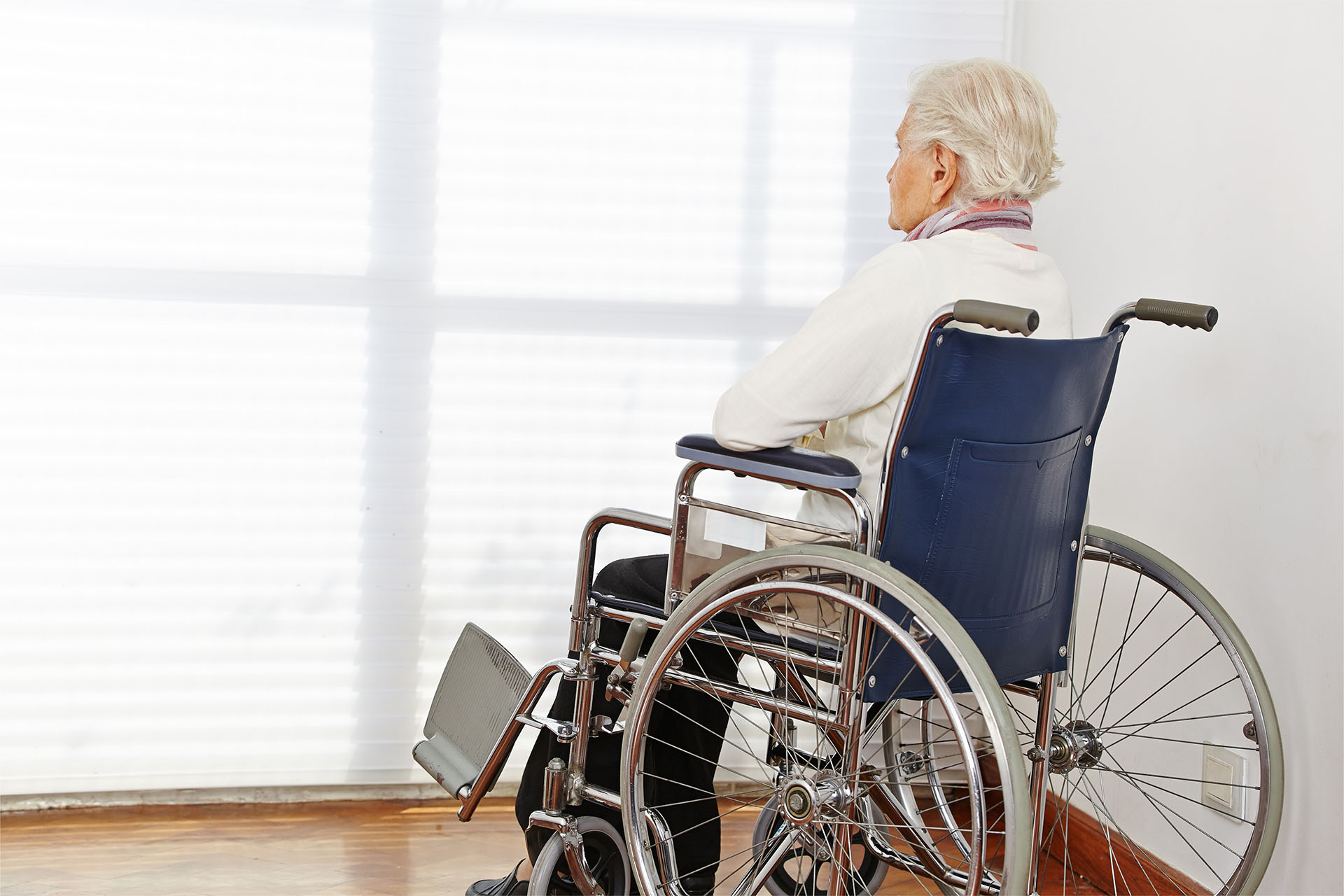Seniors are often afraid or reluctant to get their caregivers in trouble or they may simply not wish to be seen as needy or weak. As such, many incidents of abuse go unreported. If your loved one tells you that they are being abused or suffering neglect, believe them.
Unfortunately, on many occasions nursing home patients cannot speak for themselves. In these situations, a family member needs to be appointed to act on their behalf. In South Carolina, if the patient experienced conscious pain and suffering resulting in death—the most serious cases of South Carolina nursing home abuse—the estate’s personal representative can bring a survival cause of action against the nursing home.
Common Causes of Nursing Home Abuse or Neglect
There are a number of scenarios where it may be necessary to file a nursing home abuse and/or neglect case. Common causes of nursing home abuse and neglect include:
- Inadequate staffing. Abuse and neglect are more likely to occur in poorly staffed nursing homes. These nursing homes may lack the staff to take care of the needs of patients.
- Poor training. Nursing home staff must receive adequate training to take care of the basic and medical needs of patients. If staff members do not receive proper training or lack medical credentials, they may provide patients with substandard care. Poor hiring practices may also increase the risk of nursing home abuse or neglect.
- Poor sanitation. Sanitation is crucial in any type of health care setting, especially a nursing home. Many nursing home patients are at higher risk of developing an infection due to advanced age or possibly having a compromised immune system.
- Fraud. Nursing home staff may sometimes take financial advantage of patients, most of whom are unable to care for themselves.
Reporting Nursing Home Abuse
South Carolina state law requires anyone with knowledge of nursing home abuse to report that abuse. The Vulnerable Adults Investigations Unit of the South Carolina Law Enforcement Division, in affiliation with SC Department of Mental Health, handles reports on state-run agencies. Case reporting for non-state agencies should be made to the Long Term Care Ombudsman Program. In a case involving death, any person with a reasonable suspicion that a person died due to the abuse or neglect by a nursing care facility has a duty to inform the coroner or medical examiner of the death and the suspected cause.
In most cases of physical abuse, mental abuse, or neglect committed by a nursing home employee, an expert witness will need to testify on behalf of the victim. This is often because the victim suffers memory loss or dementia and would be unable to articulate the cause of the injury that he or she sustained. Additionally, an expert witness may be required to testify that the act or failure to act was below the standard of care for a particular care facility.
Different facilities may have different standards of care depending on their designations, such as nursing homes versus assisted living. An expert witness will usually be a medical professional or doctor who testifies to a reasonable degree of medical certainty that the nursing facility deviated from the standard of care required, and that the injury was proximately caused by the negligence.
Can You Sue a Nursing Home for Abuse?
You may be able to sue a nursing home for abuse and/or neglect. In some cases, you can file a civil lawsuit against the facility to recover compensation for damages caused by the abuse or neglect. There are requirements for bringing a lawsuit against a South Carolina nursing home. You must be within the statute of limitations. Once you are beyond the statute of limitations, you can no longer file a lawsuit. In some cases, it may be possible to toll the statute of limitations.
You must also be able to demonstrate that abuse, neglect or negligence harmed your loved one. Certain types of evidence, such as medical records and witness statements, can strengthen your claim against the nursing home.
Our South Carolina nursing home abuse attorneys can help you determine whether it is possible to file a lawsuit during a free consultation.
Contact Our Nursing Home Abuse Lawyers in Rock Hill, SC for a Free Consultation
At the Law Offices of Wilkerson, Jones & Wilkerson, our South Carolina nursing home abuse attorneys know that protecting your loved one from future harm is what matters most. That’s why we work tirelessly to prevent future abuse from occurring by holding abusers and negligent institutions accountable.
Call the Law Offices of Wilkerson, Jones & Wilkerson today at (803) 324-7200 (Rock Hill), (803) 289-7202 (Lancaster), (803) 396-5200 (Fort Mill), (864)466-5170 (Union) or fill out our confidential contact form. With offices conveniently located in Rock Hill, Fort Mill, Union, and Lancaster, we are here when you need us. Call us today for a free case evaluation.

